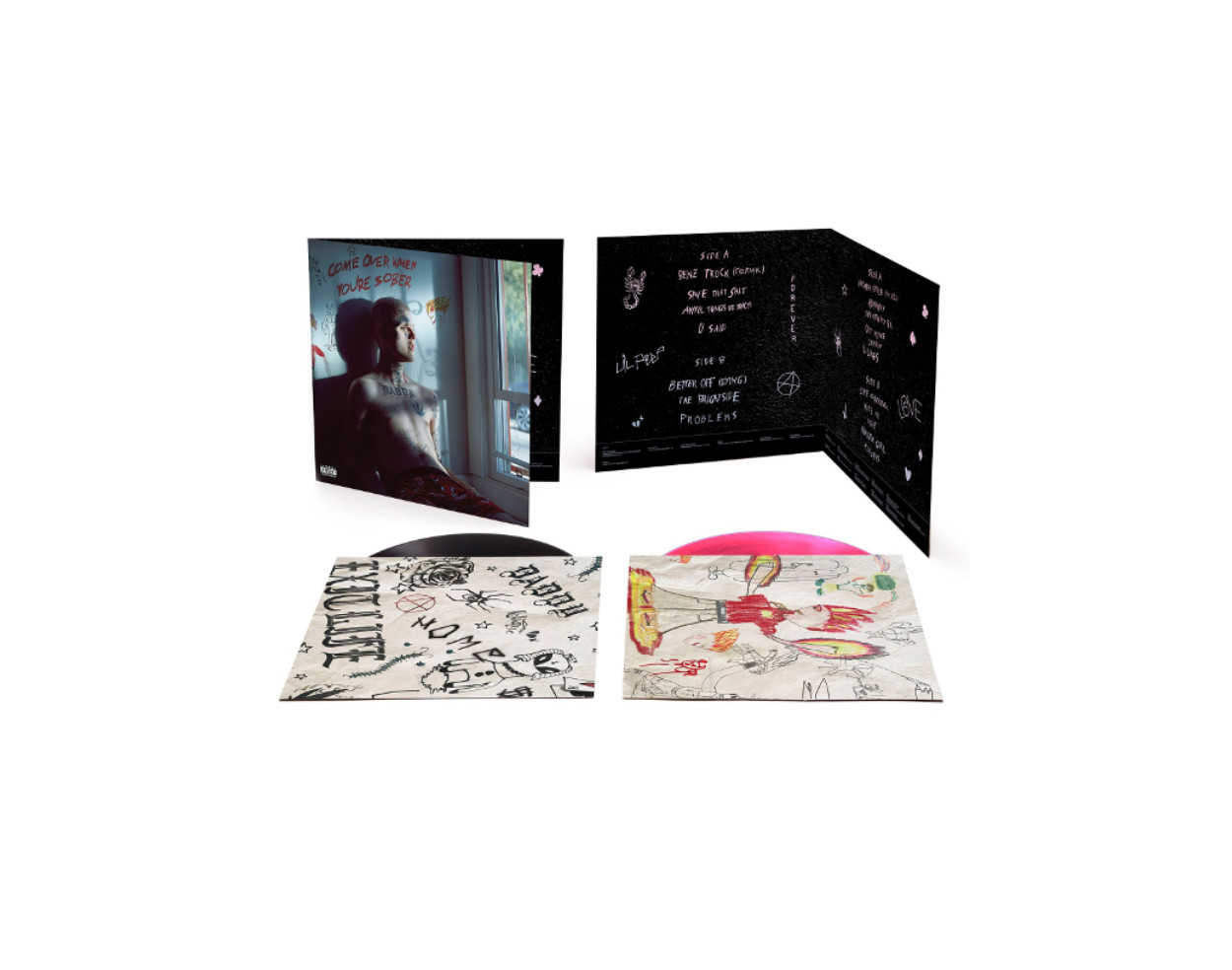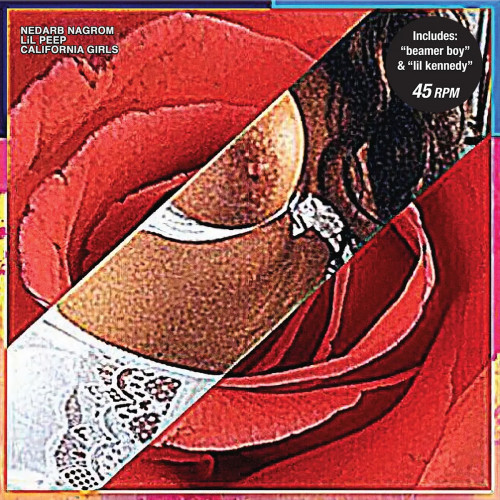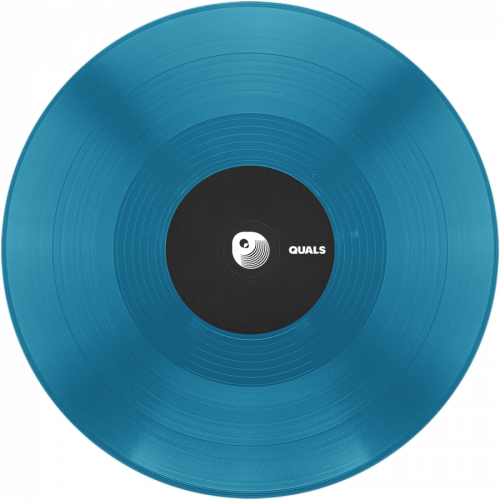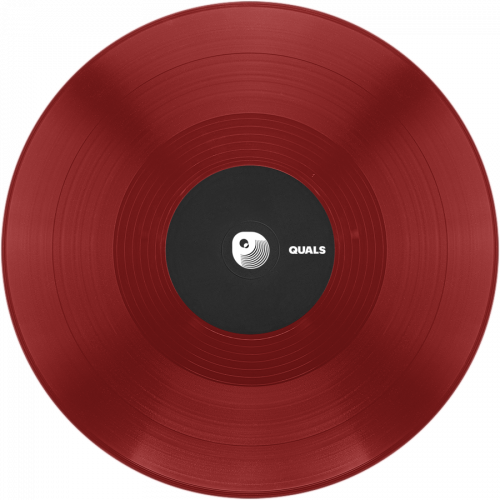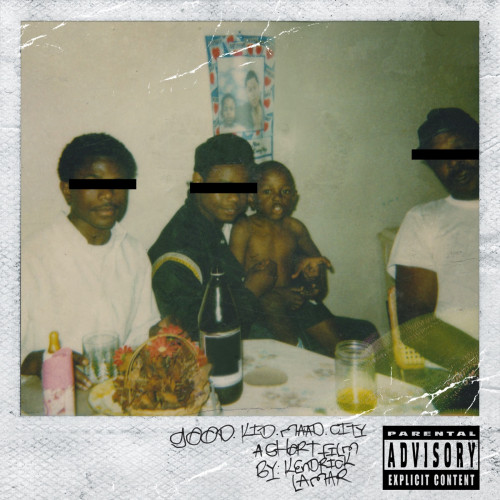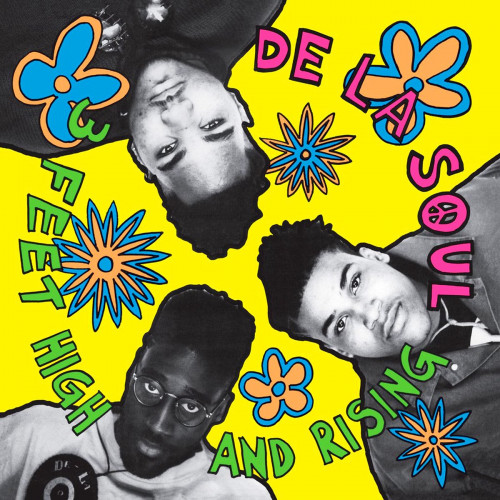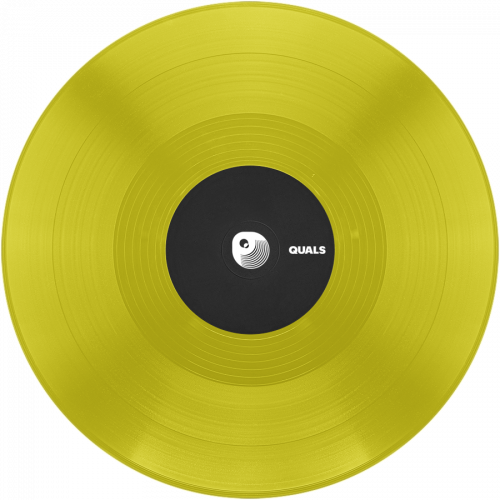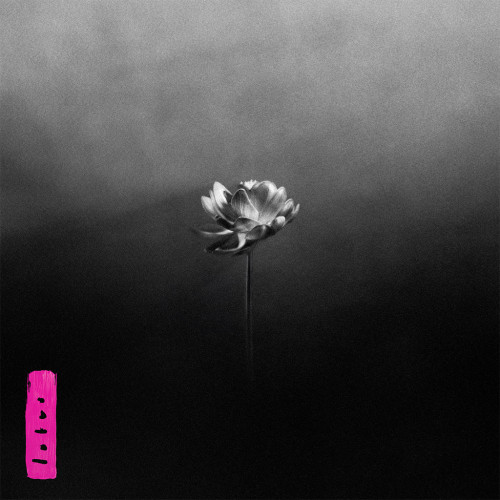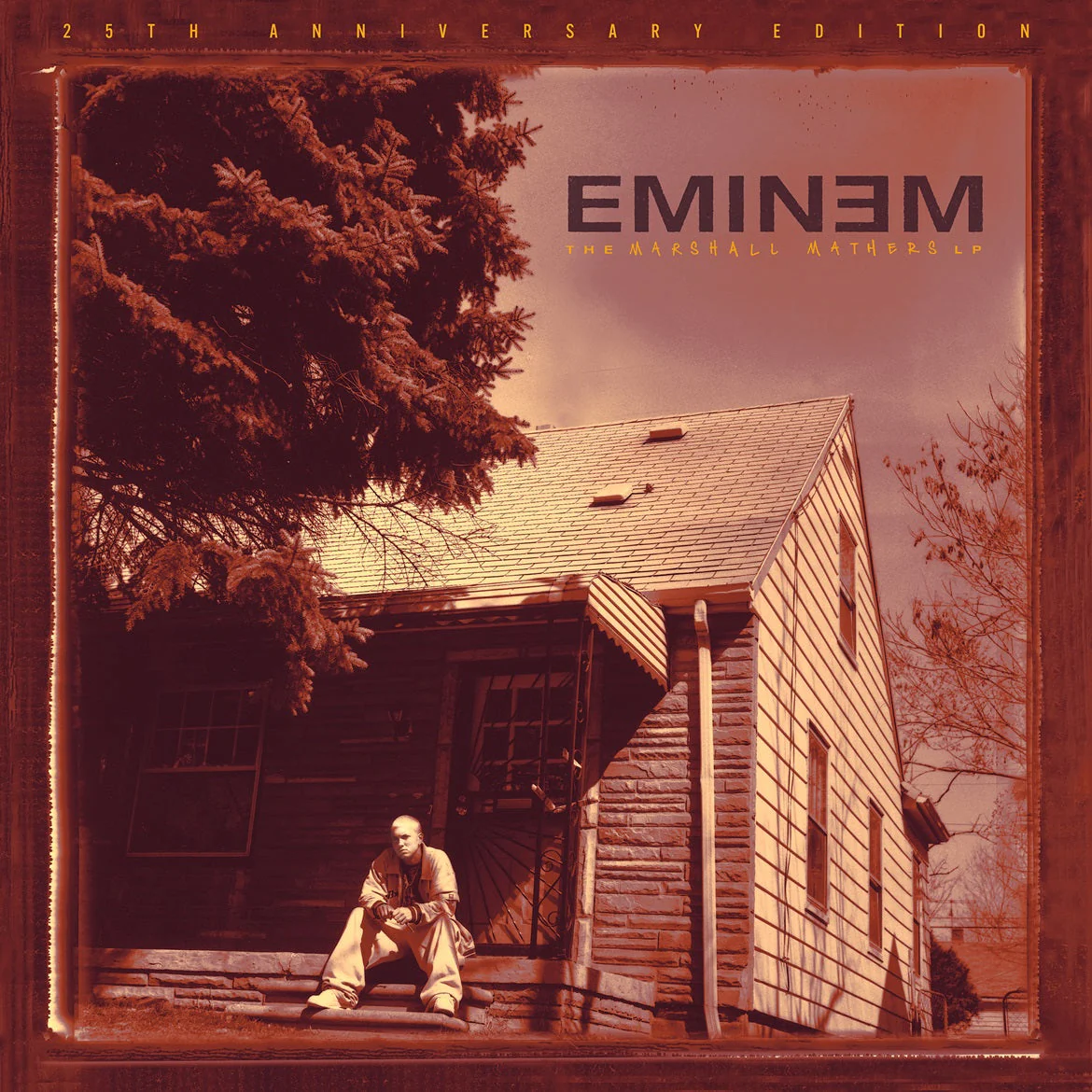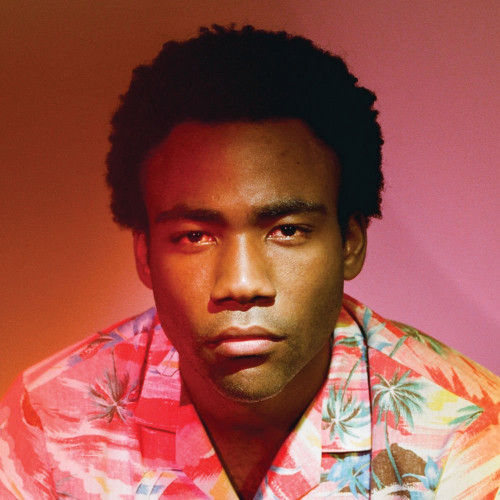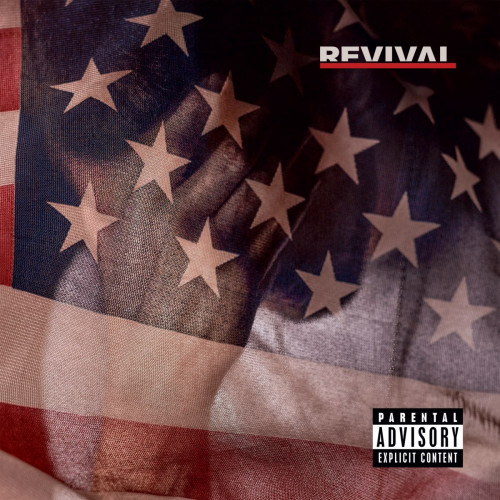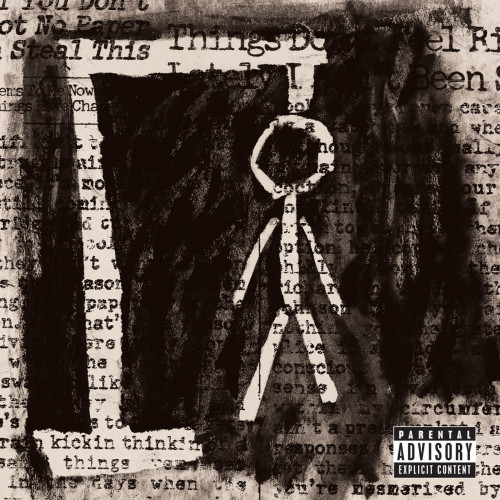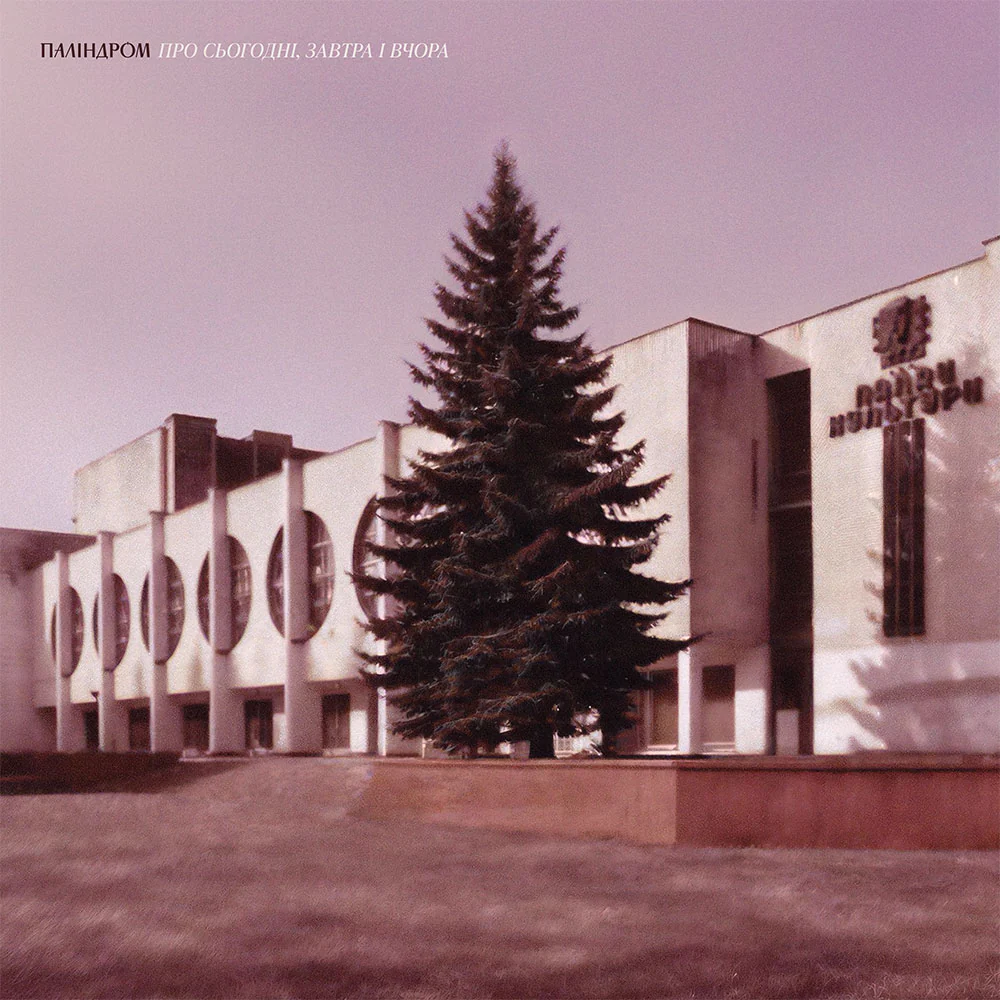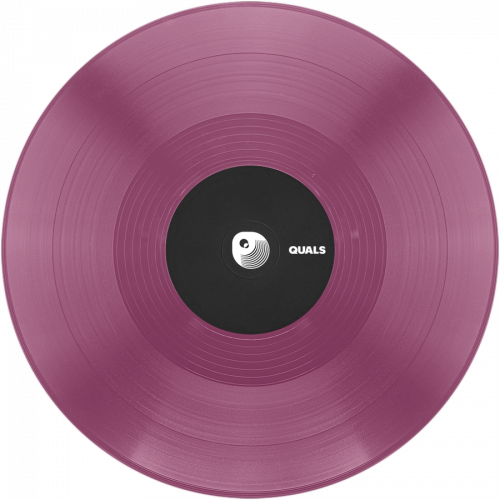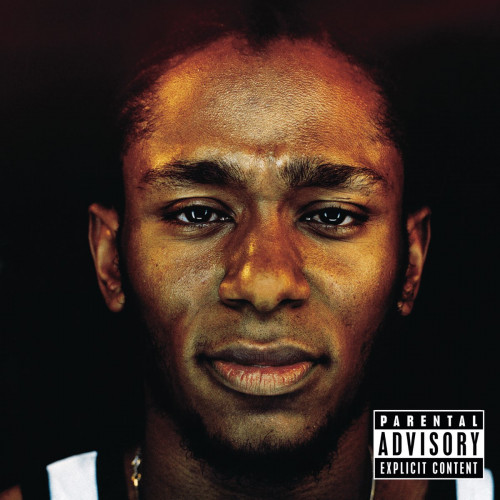Peep’s overall effect is measured by the degree of skepticism with which you pick up what he’s laying down. His real impact is in his simplicity: He reduces ideas to their root feelings for force, and very little changes once songs are in motion. This can make Peep seem vapid, which he is when his verse becomes too lazy, but he usually connects on utter intensity. Peep isn’t a far cry from Lil Uzi Vert, who channels pop-punk in a shrewder way, but is just as hook-focused and zealous; or Dashboard Confessional, the way nostalgia feels already baked into Peep’s music. They're like singalongs you already know. Some don’t have verses. Most are just the same few repeated phrases. “Save That Shit” waddles through one hook, almost demanding space in the brain, and the repetition, pushed by his dragging phrases, is hypnotizing.
Unlike past Peep projects, Come Over When You’re Sober is sample-free, comprised entirely of original arrangements and live guitar. Part of the fun in Peep’s early work was identifying angsty songs of yesteryear, the emo-stained 808s gaining several layers of context. That is missed here, but more crucial are the contrasts still at work, amping emotive riffs with the slap of rap drums. Peep isn’t as expressive as his emo ancestors, and he isn’t as eloquent as his rap idols, but he does effectively bring their stylings together in a provocative new way that riles up the purists in both genres. Turning stray footnotes from modern teenage life into music that claims it’s the most meaningful thing ever is just about the only traditional rock‘n’roll thing about this rapper.

